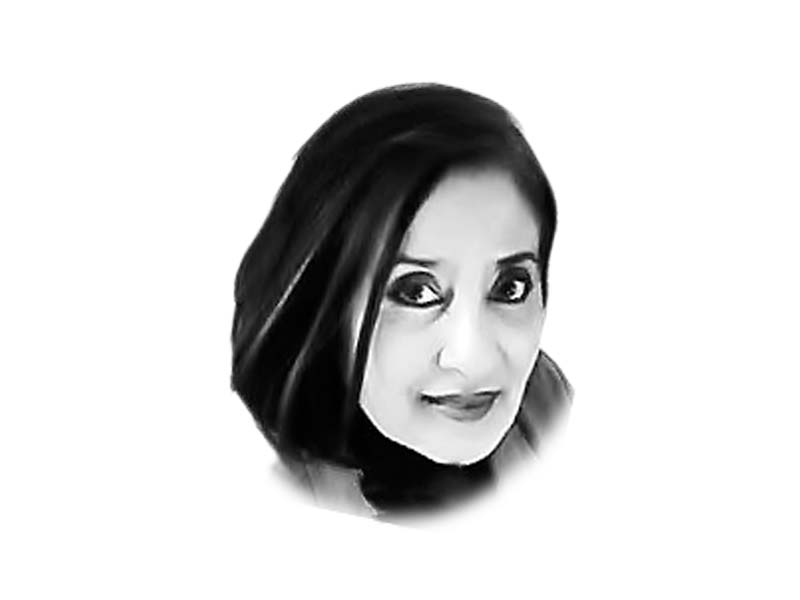
“I only wish our judges and legal community start seeing the legal changes occurring around the world,” says Aftab A Khan, advocate Supreme Court and senior partner at a law firm. Writing in Pakistan Law Journal on White-Collar Crime And Punishment, Khan argues that while criminal jurisprudence presumes alleged murderers, rapists, thieves and thugs to be innocent until proven guilty beyond reasonable doubt, the same standard should not apply to offenders of white-collar crime in politics and corporations. These influence-wielders often exercise “extraordinary powers to their own advantage and benefit at the expense of the masses.”
White-collar crime is a term referred to crooks attired in suits and ties. Upton Sinclair, an American writer, first coined the phrase in the ’30s. “White-collar crimes, also called ‘paper crimes’ included wire fraud, forgery, embezzlement, money laundering and much more,” says Khan. It was in this scenario that the need arose for Edwin Sutherland, an Australian socialist, John S Baker Jr, an eminent American law professor and Hazel Croall, a British law professor, to confront this elephant in the room. With time, white-collar crime won a seat in the halls of justice engaging the public and the legal community to aggressively pursue and punish white-collar criminals, observes advocate Khan. Adding, that instead of waiting for the criminals to prove their innocence, it was considered prudent to step on the plate and adjudicate “because if left to whiter, white-collar crime could become a mushroom cloud spreading corruption, economic chaos and political instability among nations… Ask the disenfranchised masses in Pakistan who blame the lacunae in our laws that provide a free pass for the rich and the corrupt, while the ordinary Joe ends up getting the rough end of the stick.”
If justice is blind, as the immortal epigram carved in stone, assures us, why then is Pakistan swarming with profiteers? Our legal fraternity seriously needs to rethink calling for a review to relitigate cases where justice appears to have fallen through the cracks. Almost all such judgments have erred on the side of caution, codifying corruption, fraud, bribery and misrepresentation by people in power. These tycoons buy the best legal brains to let them off the hook, while the underprivileged land in jail or pay heavy penalties for lack of professional defence. As a layman, with 20/20 vision, I can safely vouch, along with millions of my Pakistani compatriots, that the corrupt are visible to the naked eye, but not to the law.
Just care to read Khan’s article to fully understand the urgency for the legislative body and courts to take immediate measures for imparting justice. The blunt instruments in our legal system need to be sharpened to protect society from the ever-growing malignancy of white-collar crimes, widely practiced by the highest in the land and their associates.
In the words of Martin Luther King Jr, “the ultimate tragedy is not the oppression and cruelty by the bad people but the silence over that by the good people.”
Published in The Express Tribune, May 7th, 2017.
Like Opinion & Editorial on Facebook, follow @ETOpEd on Twitter to receive all updates on all our daily pieces.

1722586547-0/Untitled-design-(73)1722586547-0-165x106.webp)


1732326457-0/prime-(1)1732326457-0-165x106.webp)








COMMENTS (3)
Comments are moderated and generally will be posted if they are on-topic and not abusive.
For more information, please see our Comments FAQ